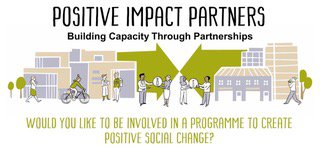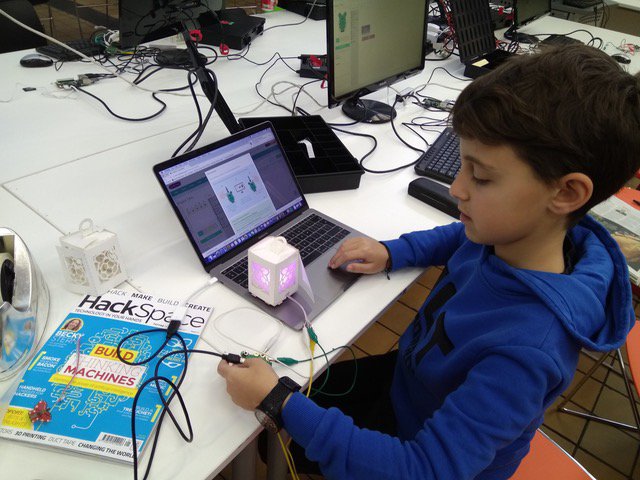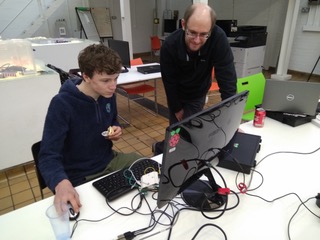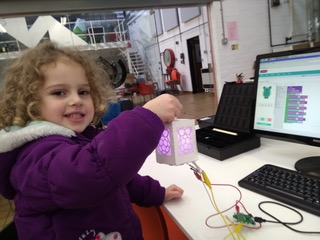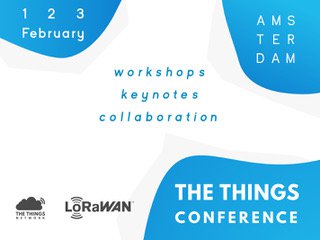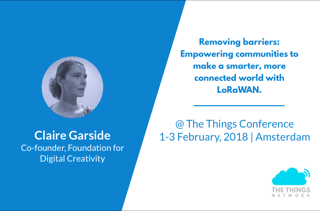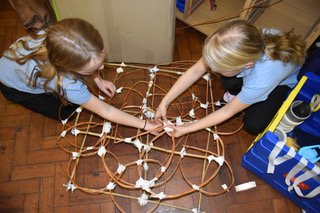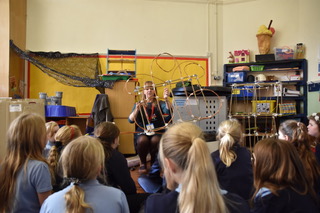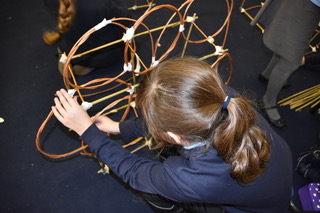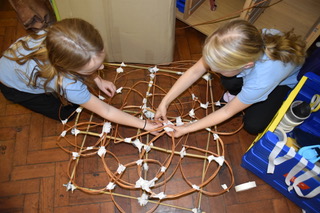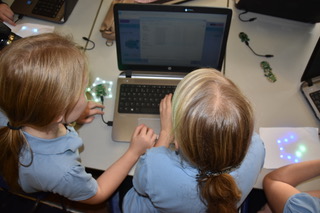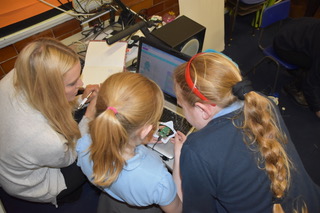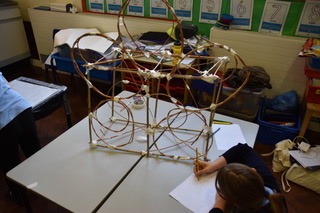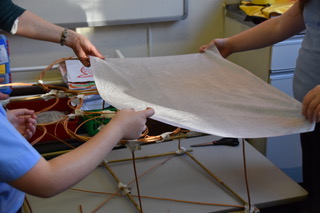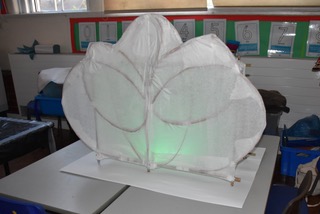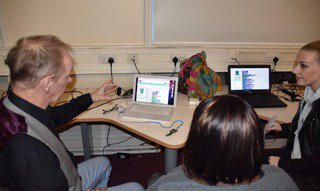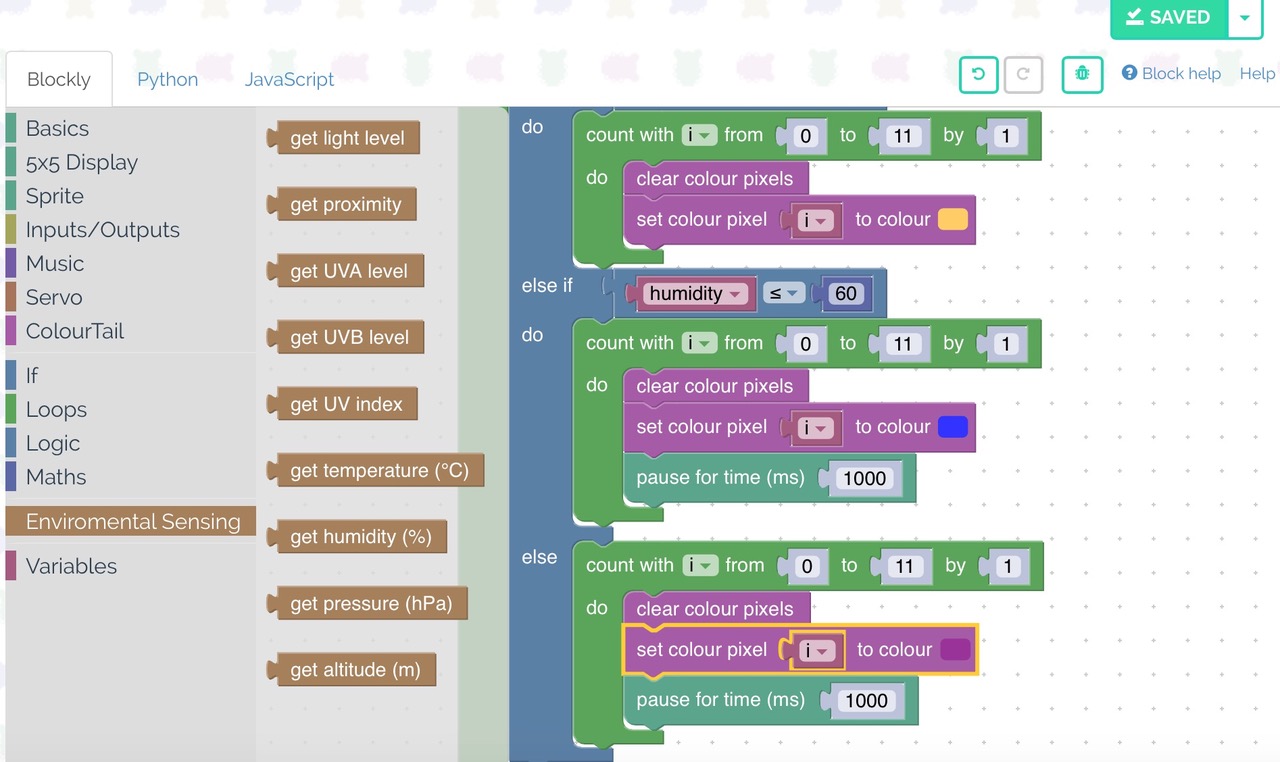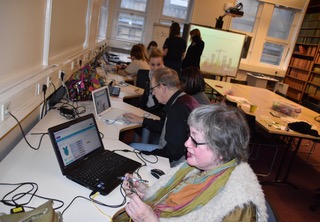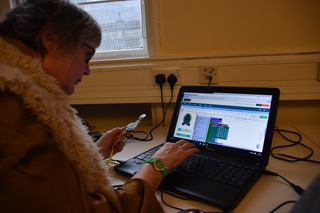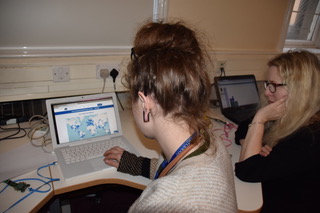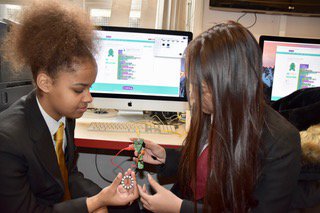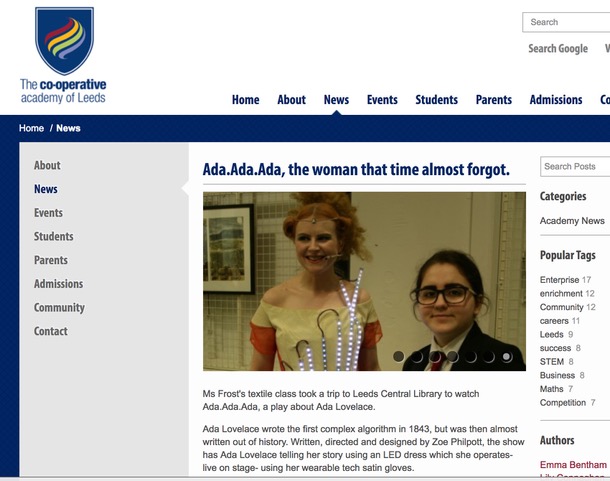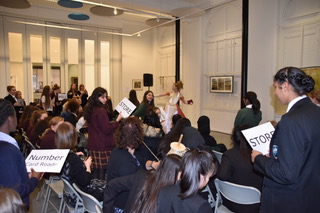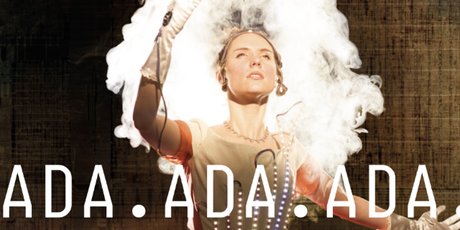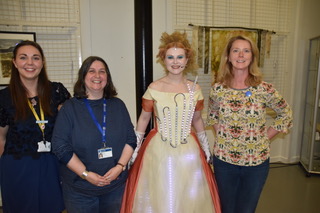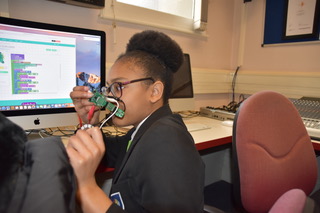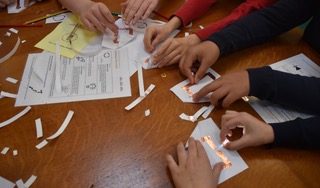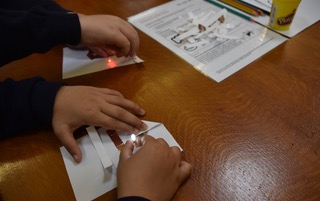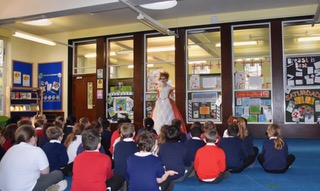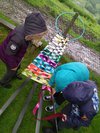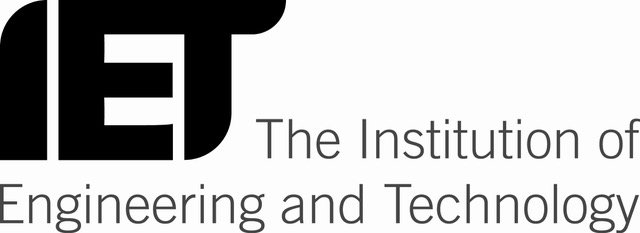
We’re so pleased to have been awarded funding from The Engineering Education Grant Scheme (EEGS), which provides support for UK-based educational projects that increase engineering knowledge in young people.
Our grant from the Institution of Engineering and Technology (IET) and the Institution of Mechanical Engineers (IMechE) will allow us to deliver our ‘Internet of Curious Things’ programme to schools in Greater Manchester, Lancashire and West Yorkshire this Spring.
Alongside school workshops for 7-14 yr olds, we will also deliver intergenerational community learning events and hands-on teacher development sessions to extend, develop and excite audiences engaged through STEM innovations.
Young people will be empowered to invent with smart sensors and become changemakers in their own communities. Funding will facilitate the participation of over 300 children, teachers and family members in this series of innovative digital making workshops.
Interested to find out more as a teacher? Primary and secondary schools in Greater Manchester, Lancashire and West Yorkshire can register an interest in becoming a host school here.
The Engineering Education Grant Scheme (EEGS), which is run by the Institution of Engineering and Technology and the Institution of Mechanical Engineers, aims to engage young people aged 5-19 in learning about engineering and to develop the professional skills of those involved in supporting Science Technology Engineering and Mathematics (STEM) learning and careers awareness. The EEGS also supports projects that improve wider engineering literacy.

Peter Finegold, Head of Education and Skills at the Institution of Mechanical Engineers, said: “The Internet of Curious Things is a fantastic example of the kind of projects the EEGS scheme aims to promote. The UK is facing a critical engineering skills shortage and showing young people how creative and exciting engineering can be is a key way of inspiring the engineers of tomorrow.”
David Lakin, Head of Education at the Institution of Engineering and Technology, said: “In order to tackle the engineering skills gap we need more graduates and apprentices to enter the profession, and this can only happen if more school-age children – girls as well as boys – are attracted to, and choose to study Science, Technology, Engineering and Maths subjects. The IET is investing considerable resource in EEGS to support vital projects like The Internet of Curious Things, which highlight the exciting, creative and rewarding world of engineering careers to young people.”


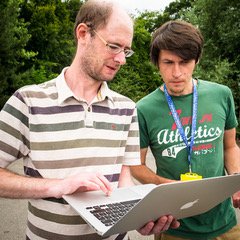
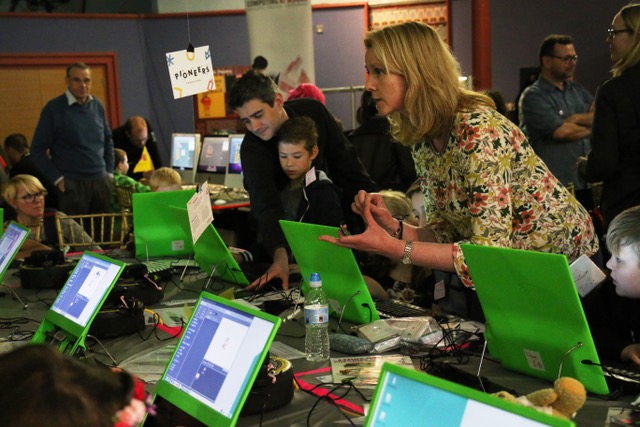 (Image taken by
(Image taken by 